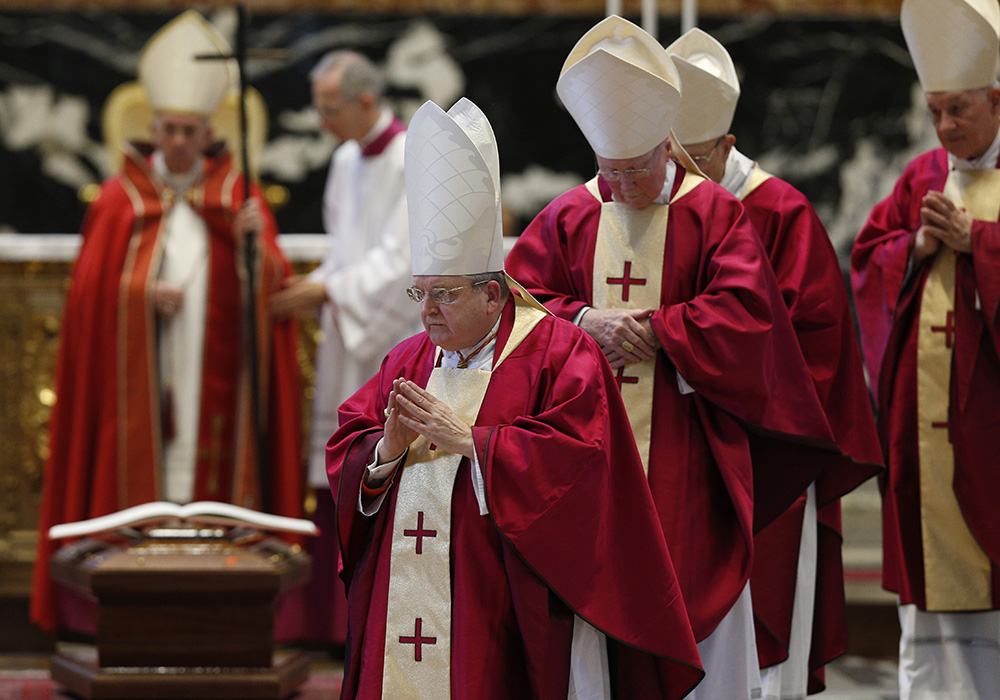
Pope Francis is pictured as U.S. Cardinal Raymond Burke, U.S. Cardinal J. Francis Stafford, German Cardinal Walter Kasper and Canadian Cardinal Marc Ouellet leave the funeral Mass of U.S. Cardinal William Levada in St. Peter's Basilica Sept. 27, 2019, at the Vatican. (CNS/Paul Haring)
Far-right Latin American groups with deep ties to traditionalist Catholics in the United States, and a long history of defying Vatican II reforms, are driving the opposition to next month's closely watched Vatican summit on the future of the Catholic Church.
Despite efforts to drum up resistance to Pope Francis' Synod of Bishops, theologians have described their efforts as a "malignant force" in the church, but with waning influence sustained by considerable financial backing.
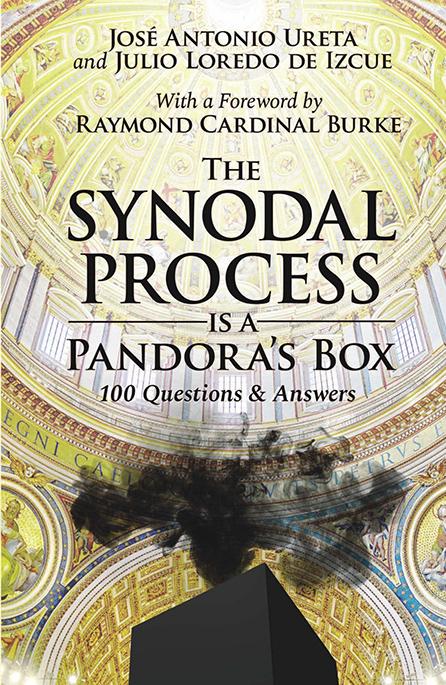
This is the cover of The Synodal Process is a Pandora's Box, a book with a foreword by U.S. Cardinal Raymond Burke. The American Society for the Defense of Tradition, Family and Property released the book in late August 2023. (CNS/Courtesy of the CC)
Last month, the Societies for the Defense of Tradition, Family and Property, or TFP, and its sister organizations released The Synodal Process is a Pandora's Box, a book by two political activists, Chilean José Antonio Ureta and Peruvian Julio Loredo de Izcue.
The book, which was written in question-and-answer format, attempts to outline how Francis' ongoing synodal process is threatening "to demolish Holy Mother Church" through "neo-modernist" and "leftist" forces. The self-published book also includes a foreword by retired U.S. Cardinal Raymond Burke, a traditionalist who has a long history of opposing Francis and close ties with the controversial group.
Ahead of the monthlong Vatican meeting in October that will serve as the first of a two-part session of the synod, NCR has confirmed that the book — which was published in eight languages — has been sent to a number of synod delegates and Vatican Curia officials.
But while the current synod is the current target of their criticism, TFP and its affiliated organizations have a long history of opposition to Vatican II, dissent from Pope John Paul II and, more recently, serving as an active source of misinformation surrounding Francis' 2019 Synod of Bishops for the Amazon.
Founded in Brazil in 1960 by Plinio Correa de Oliveira as a bulwark against alleged communist influences on church and society, the entity quickly grew throughout the Americas, including the United States in the early 1970s, to become a major umbrella organization of autonomous groups seeking to build what they call a "Christian civilization."
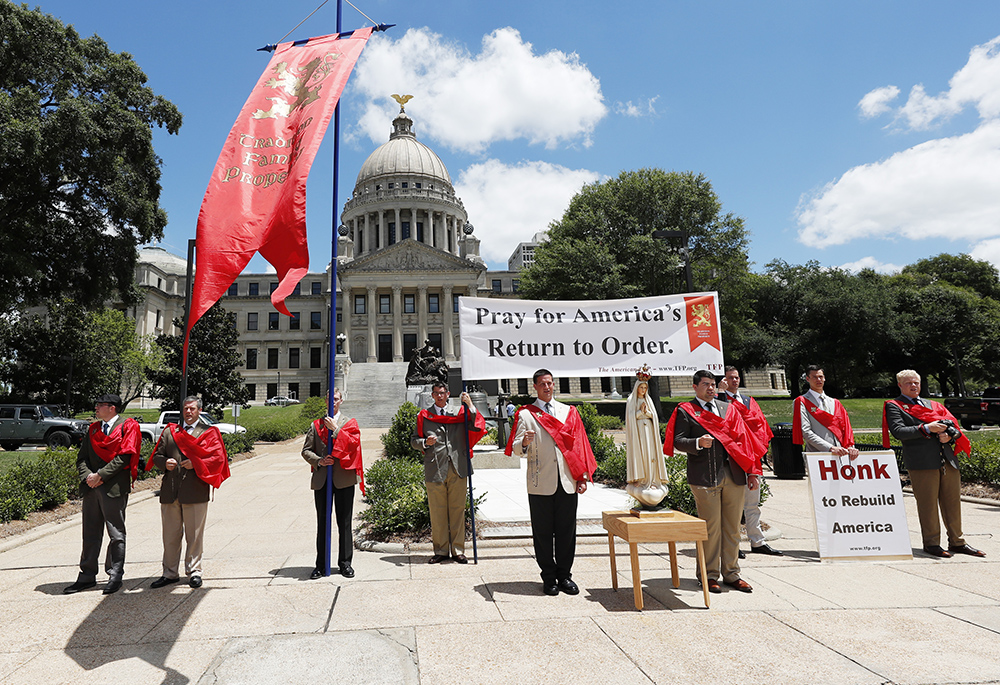
Members of the American Society for the Defense of Tradition, Family and Property, an organization of lay Catholic Americans, pray the rosary in front of the Mississippi Capitol June 11, 2020, in Jackson, Mississippi. According to The Associated Press, the organization had teams of volunteers visiting each state capitol, offering prayers and reciting the rosary on the state grounds for the country and the moral crisis they believe faces the Christian civilization. (AP photo/Rogelio V. Solis)
Oliveira, who was in Rome during the years of the Second Vatican Council — which initiated a number of reforms meant to open up the church to the modern world — described it, according to his biographer, as "a point in history as sad as the death of Our Lord."
Oliveira specifically rejected the church's outreach to other religions and notably held a number of antisemitic views, along with being a trenchant critic of the church's outreach to Indigenous peoples. In his 1977 book "Indian Tribalism," he wrote that "the Indian cannot be compared to the 'civilized' man who is acquainted with private property, the monogamous and indissoluble family."
"In Latin America, they've been a malignant force for decades," theologian William Cavanaugh said of TFP.
According to Cavanaugh, who is the director of the Center for World Catholicism and Intercultural Theology at DePaul University, TFP opposed land reform in Brazil, putting them at odds with both the Latin American bishops' council (commonly known as CELAM) and the writings of the Second Vatican Council.
"Land reform was proposed as a way to address widespread poverty and systemic injustice since the European conquest violently dispossessed the native peoples and left landownership in the hands of a tiny elite," he told NCR via email.
"TFP was formed essentially to defend an absolute right to private property in opposition to the universal destination of goods," a concept that dates back to the patristic era and has been enshrined in the council documents and invoked many times by Pope John Paul II, Cavanaugh continued.
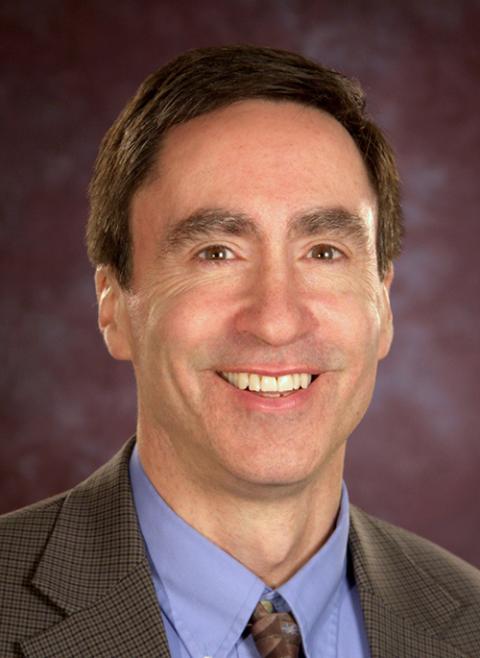
William Cavanaugh, theologian and director of the Center for World Catholicism and Intercultural Theology at DePaul University (Courtesy of DePaul University)
Moreover, he noted that the organization has supported a number of military regimes and military and political elites in those regimes, leading to formal rebukes from the Brazilian and Chilean Catholic bishops. In the United States, certain dioceses have also sought to distance themselves from the organization.
"For TFP, fidelity to right-wing political and economic ideology has always outweighed fidelity to Church teaching and Church authority, so for them to present themselves as defenders of Church tradition and authority now is filled with irony," said Cavanaugh.
Fr. Pedro Pierre, who has worked in Latin America for five decades as part of the Christian Base Communities and currently lives in Ecuador, concurred, saying he found it strange that a group allegedly committed to defending church teaching would reject Vatican II, since the church teaches that "a council is the highest authority in the church."
Although TFP's global influence has waned considerably, they have been reinflamed during the last decade due to the Francis papacy.
According to Pierre, "The opposition of this organization to Pope Francis stems precisely from the fact that he has once again highlighted the guidelines of the Second Vatican Council, in particular with a greater implementation of synodality."
In the lead-up and during the Vatican's 2019 Amazon synod — which focused on a number of pastoral concerns in the region, including expanding access to the sacraments for Indigenous peoples and care for the environment — it was a TFP-affiliated social media influencer linked to the government of then-Brazilian President Jair Bolsonaro, Bernardo Küster, that led a serial disinformation campaign about the synod proceedings.
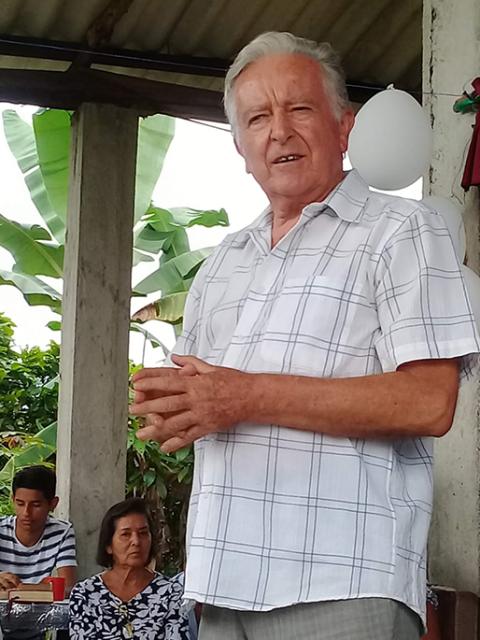
Fr. Pedro Pierre, who has worked in Latin America for five decades as part of the Christian Base Communities, and currently lives in Ecuador (Courtesy of Pedro Pierre)
And following the infamous incident during the synod where Indigenous statuettes, known as the "Pachamama," were taken from a church near the Vatican and thrown into Rome's Tiber River, it was the U.S.-branch of TFP that helped to organize a United States speaking tour of the individual, Alexander Tschugguel, who claimed responsibility for the theft. In his remarks, Tschugguel specifically cited the influence of TFP founder Oliveira on his thinking.
"I personally have difficulty understanding these traditionalists who call themselves 'defenders of tradition,' " Pierre told NCR, noting that the entire point of the Second Vatican Council was to help return the church to its origins by focusing on the notion of the "people of God" as it did during the time of the first century apostles.
"Can there be anything more 'traditional' than this?" he asked.
Brazilian theologian Maria Clara Bingemer offered a similar assessment.
"We find in the New Testament the young and new Christian church being defined as 'disciples of the way,' " she told NCR. "So synodality, to walk together, to go together through the way is effectively the model of the church."
For those opposed to the synod, and in particular the authors of the TFP-sponsored book, Bingemer said that "they conceive themselves as members of a pre-modern church before Vatican II."
Advertisement
"They have a lot of problems with the intention of the synod of listening to everybody," she added.
Bingemer, who is a professor of systematic theology at the Pontifical Catholic University of Rio de Janeiro, Brazil, also predicted that in addition to "ecclessial interests," that TFP is also motivated by financial interests, rooted in their free-market ideological commitments.
Since the book's release last month, TFP has sponsored related speeches in the lead-up to the synod and its publication has been widely cited as an initial warning shot against the synod by its detractors.
While the organization has not disclosed the sources of funding behind these efforts, according to their publicly available tax records, in 2022, the American branch of the organization alone reported over $19 million dollars in revenue for that calendar year.
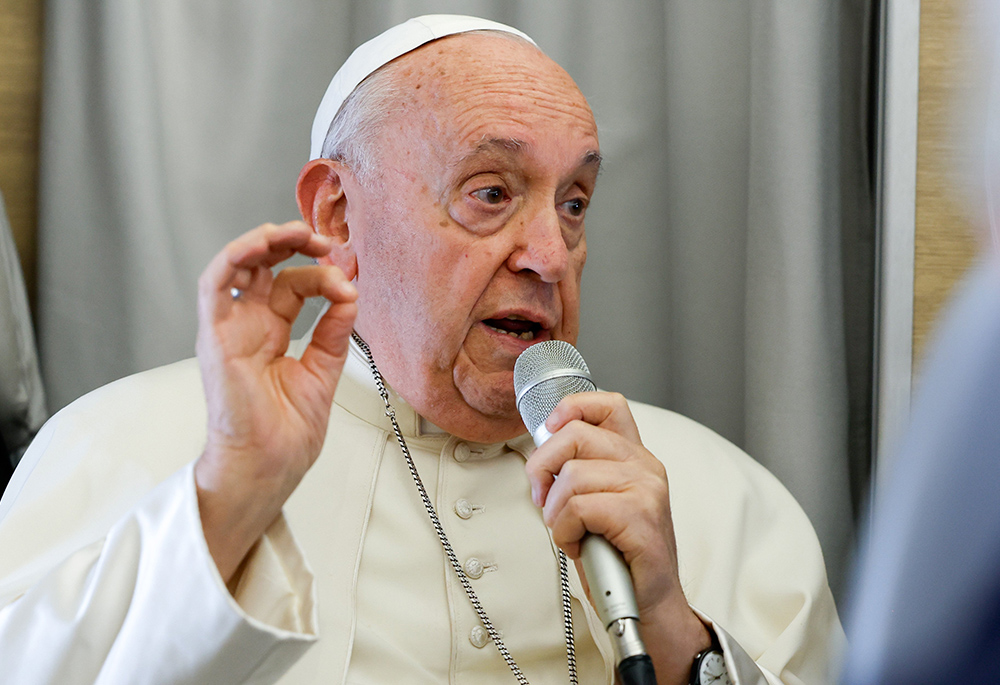
Pope Francis answers questions from journalists aboard his flight back to Rome from Ulaanbaatar, Mongolia, Sept. 4, after a four-day visit to the Asian country. (CNS/Lola Gomez)
During an in-flight press conference en route home from Mongolia on Sept. 4, Francis was asked specifically about the book and opposition to the synod.
"If you go to the root of these ideas, you will find ideologies," the pope said. "Always, when one wants to detach from the path of communion in the church, what always pulls it apart is ideology."
While Bingemer said that she predicts their efforts will not influence the outcome or the proceedings of the synod, she said that efforts by groups like TFP "can cause damage in consciences and agitation in people who are simple and can't understand what they're speaking about."
"And this is very bad," she added. "It is even rather scandalous."







